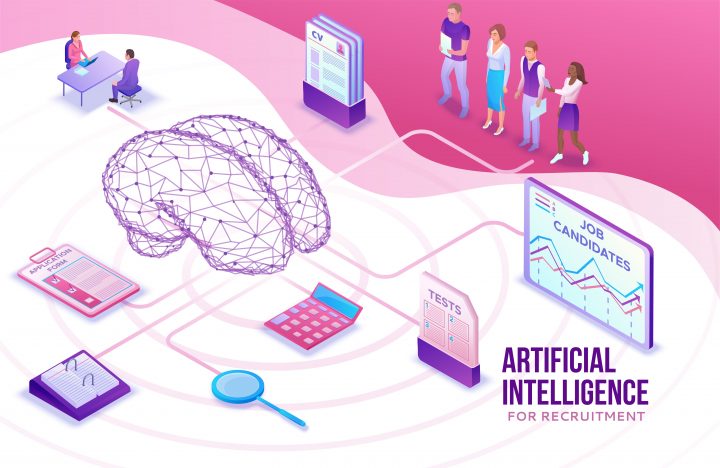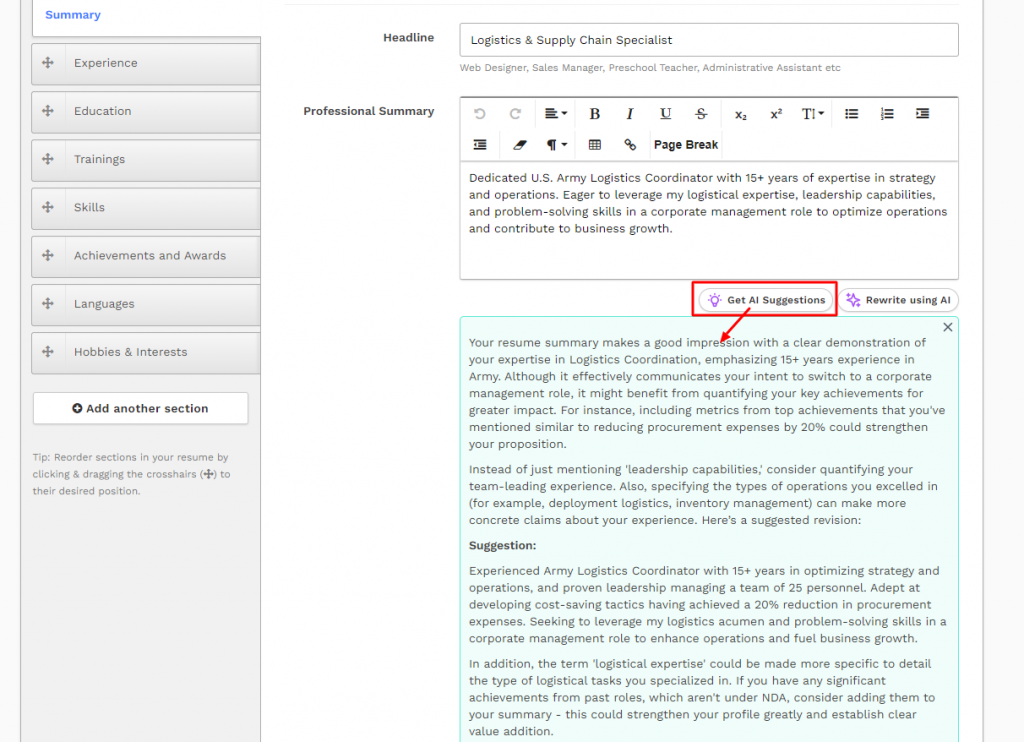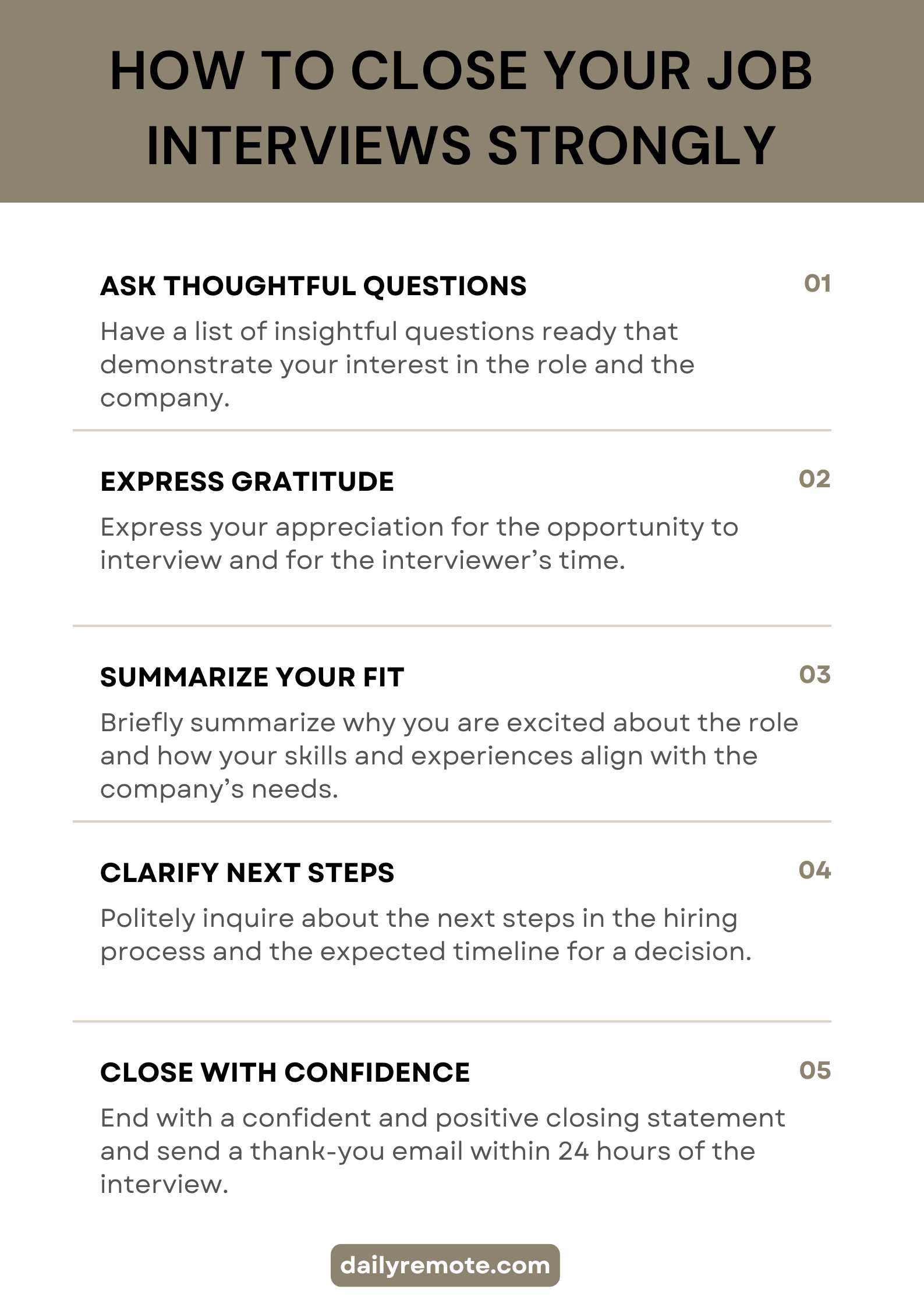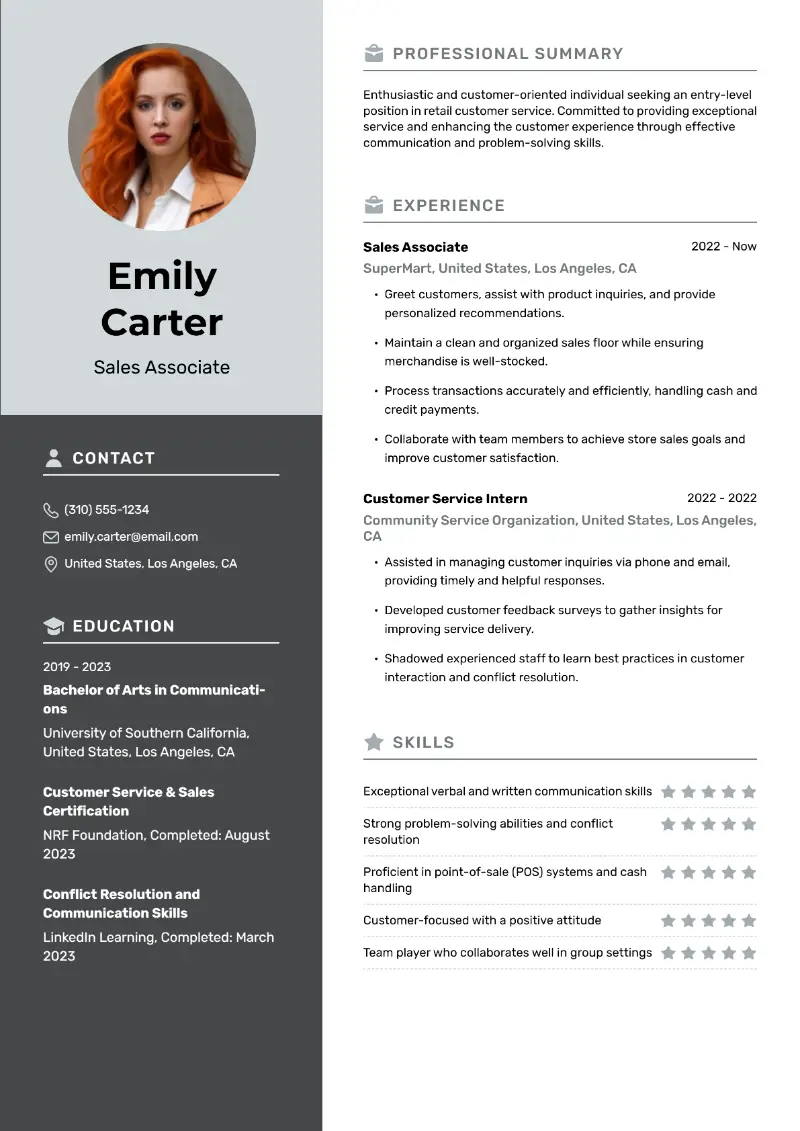
The rise of synthetic intelligence (AI) has been nothing in need of transformative, impacting nearly each business, together with human sources (HR) and recruitment. As know-how evolves quickly, HR professionals should keep knowledgeable and embrace these developments to stay aggressive and efficient.
AI is already reshaping the recruitment panorama, and its affect is just anticipated to develop. In accordance with a report by the World Financial Discussion board, “By 2027, AI and associated applied sciences may create 69 million new jobs whereas eliminating 83 million jobs, resulting in a internet job lack of 14 million.” This shift underscores the significance of understanding AI’s influence on recruitment practices and tips on how to leverage its advantages whereas addressing potential challenges.
Advantages of AI in Recruitment
AI for recruiting will redefine the function of recruiters by incorporating augmented intelligence, enabling them to be extra proactive of their hiring methods, assess candidates’ cultural match extra precisely, and improve their relationships with hiring managers by means of data-driven insights that measure KPIs like high quality of rent. Some advantages embody:
Elevated Effectivity and Productiveness
- AI can automate repetitive duties, similar to resume screening and scheduling interviews, permitting HR professionals to give attention to extra strategic and value-added actions.
- Reviews counsel that AI can cut back the time spent on screening resumes by as much as 75%.
Improved High quality of Hires
- AI algorithms can objectively analyze huge quantities of knowledge, mitigating unconscious biases which will creep into the hiring course of. This results in a extra numerous and inclusive workforce and will increase the probabilities of hiring the precise expertise.
- Analysis by Korn Ferry means that firms utilizing AI in recruitment report a 38% enchancment within the high quality of hires.
Enhanced Candidate Expertise
- AI can personalize communication and engagement with candidates, offering a streamlined and environment friendly recruitment course of.
- “Candidates immediately count on a seamless and customized expertise, says John Sullivan, HR thought chief and creator of “Hiring Smarter,” AI may also help ship that by offering real-time updates and tailor-made communication.
Information-driven insights
- AI provides useful analytics that assist HR professionals make knowledgeable choices. Predictive analytics can forecast candidate success and retention, enabling higher hiring choices.
- A LinkedIn research discovered that 76% of hiring managers and recruiters consider AI and automation will considerably influence their work.
AI Instruments Remodeling Recruitment Processes
AI is being utilized in numerous phases of the recruitment course of, from candidate sourcing and screening to predictive analytics and workforce planning.
Resume Screening
- AI-powered resume parsing and screening instruments can rapidly analyze resumes and job descriptions, figuring out essentially the most appropriate candidates based mostly on expertise, expertise, and {qualifications}.
- Instruments like HireVue and Pymetrics can filter and rank resumes based mostly on particular job standards, saving time and rising effectivity. These instruments use algorithms to establish key phrases and consider the relevancy of every utility.
Candidate Sourcing
- Automated candidate matching and rating techniques use algorithms to match candidates with job openings, streamlining the preliminary screening course of.
- Platforms similar to Entelo and LinkedIn Expertise Insights leverage AI to establish and entice potential candidates. These instruments analyze on-line conduct and social media profiles to seek out candidates who won’t be actively on the lookout for a job however completely match the job necessities.
Chatbots and Digital Assistants
- Conversational AI assistants can interact with candidates, reply widespread recruitment-related queries, and conduct preliminary screening interviews.
- In accordance with an IBM research, chatbots can deal with as much as 80% of routine questions, releasing HR professionals to give attention to extra strategic duties.
- Automated scheduling instruments and AI-powered video interview platforms, like Spark Rent, streamline the interview course of. These instruments can assess candidates’ responses and non-verbal cues, offering a complete analysis.
Onboarding
- AI options like Enboarder and Click on Boarding facilitate smoother onboarding processes by automating paperwork, offering customized coaching packages, and guaranteeing new hires really feel welcomed and engaged from day one.
Predictive Analytics and Workforce Planning
- By analyzing historic information on profitable hires, AI may also help establish patterns and traits contributing to worker success, enabling extra knowledgeable hiring choices.
- AI-driven workforce planning instruments, like Visier and Workday Adaptive Planning, can forecast future expertise wants and necessities, enabling organizations to remain forward of the curve and strategically align their expertise methods with enterprise aims.
Challenges and Considerations
Whereas AI provides quite a few advantages, HR professionals should concentrate on potential challenges and considerations, together with moral issues, expertise gaps, and workforce implications.
Moral Issues
- If the coaching information or fashions are flawed, biases will be inadvertently constructed into AI algorithms, resulting in unfair or discriminatory hiring practices.
- Information privateness has grow to be a essential problem with the rising use of AI. HR professionals should guarantee compliance with information safety laws similar to GDPR to guard candidate info.
Abilities Hole and Coaching Necessities
- HR professionals might have to upskill and purchase new competencies to make use of AI instruments and interpret data-driven insights successfully.
- Collaboration between HR and IT/information science groups is important for profitable AI implementation and adoption.
Job Displacement and Workforce Implications
- AI might automate or increase particular HR roles, resulting in potential job displacement or the necessity for reskilling.
- HR professionals should adapt proactively to those adjustments and assist staff navigate the workforce implications of AI.
Finest Practices for Implementing AI in Recruitment
To maximise the advantages of AI in recruitment whereas mitigating potential dangers, HR professionals ought to observe these greatest practices:
- Align AI initiatives with your corporation targets. Perceive what you wish to obtain with AI, whether or not it’s bettering the standard of hires, lowering time to rent, or enhancing the candidate expertise.
- Spend money on worker coaching and alter administration initiatives to assist the adoption of AI instruments and foster a tradition of steady studying and adaptation.
- Consider AI efficiency recurrently and make vital changes. Steady monitoring helps establish and proper biases, guaranteeing that AI instruments stay efficient and honest.
- Stability AI with human oversight and decision-making, leveraging human experience and AI capabilities for optimum outcomes.
- Choose AI options that suit your firm’s wants. Analysis and demo numerous instruments to seek out one of the best match on your recruitment course of.
The Way forward for AI in Recruitment
As AI know-how matures, new traits and improvements promise important transformations in recruitment practices over the subsequent 5-10 years. Pure language processing and conversational AI will allow extra pure and intuitive interactions with candidates. On the similar time, laptop imaginative and prescient and facial evaluation could also be used to evaluate candidate match and cultural alignment.
Nevertheless, moral issues and regulatory landscapes surrounding AI will proceed to evolve, requiring HR professionals to remain knowledgeable and proactive in shaping AI’s accountable and equitable use in recruitment. AI can be a essential instrument for HR, but it surely should be used responsibly and with clear governance. HR leaders should perceive the dangers and advantages and work carefully with IT and information science groups.









![Easy methods to convert a resume to a CV [with examples]](https://www.tocqi.com/wp-content/uploads/2025/04/c0f2decd0853abf25a4e5e6d57853e8d.jpg)

